As I’ve flipped through TikTok over the past year, its algorithm kept returning me to one person, who was always talking directly to the camera about something close to my heart: the behind-the-scenes of reality TV production.
That person, identified as Producer Patrick, was answering fans’ questions, sharing what happens off-camera, and even telling stories from Amazing Race filming—all while giving us a window into producers’ glamorous lives, and doing so with humor.
He also started discussing how “Reality TV is dead” and the other seismic changes Hollywood is experiencing right now.
“Producer Patrick” is Patrick Caligiuri, an Emmy-winning producer who’s worked on reality TV shows including The Amazing Race, Big Brother, Fight to Survive, Ultimate Survival Alaska, and The Quest. I found it remarkable that a high-profile producer was saying so much in a genre that is usually discreet.
When I wrote to request an interview, Patrick reminded me we’d actually me—all the way back in 2006, when he interviewed me for a special that became American Idol Unauthorized, and is still on DVD if you’d like to see me in 2006.
Our wide-ranging interview covers everything from how companies have used NDAs to hide what happens behind the scenes, the collapse of cable TV, the role social media will play, and so much more, including his career as a producer.
This conversation has been condensed and edited to clean up human speech, and also includes a mention of suicide. If you or anyone you know is struggling, or just needs to talk to someone, please call or text 988.
 Reality TV producer Patrick Caligiuri (Photo via Patrick Caligiuri)
Reality TV producer Patrick Caligiuri (Photo via Patrick Caligiuri)Andy Dehnart: I’m really curious to talk with you not just because of your long experience in reality TV, but also—I don’t know if it’s fair to say—the pivot you’ve made taking your expertise into social media.
What led you to start posting online, and being so open and honest about an industry that a lot of people tend to not be open about?
Patrick Caligiuri: I actually started way back, during the pandemic, when everything kind of stopped, I started exploring with TikTok.
It was more of a bet with myself: Gen Z is making all this content. I’m a professional TV producer. I bet I could create a following. I did because I had nothing to do; I was stuck at home. My kids were three and one. What can I do just to keep my mind occupied?
I started out by just doing little sketches and stuff. But then somewhere along the line, I released the fact that I worked in unscripted TV, and more and more [people] wanted to know about unscripted TV.
I realized you could go to film school, take screenwriting classes and acting classes, but there really is no one that talks about what happens behind the scenes. It’s like Fight Club: you don’t talk about Fight Club. And I always thought that was odd.
There’s no school about unscripted. We work in the shadows. A lot of times, especially contestants, they blame the producers and reality producers get this almost horrific reputation.
I’m not like that. I’m a dad. I’ve got two kids. We’re not like these horrible puppet masters. I wanted to start negating that and saying, This is how we make the shows. This is the producers’ perspective.
So I actually started doing TikToks about behind-the-scenes stuff—nothing that would like threaten an NDA, by any means. But more like: Here’s how we put these shows together; this is what we’re looking to do.
 On TikTok, Patrick Caligiuri answers a question about how insulin-dependent people go on survival reality TV shows.
On TikTok, Patrick Caligiuri answers a question about how insulin-dependent people go on survival reality TV shows.I kind of created a following of people who were reality show fans that wanted to know more about the business.
I always thought it was funny that we do kind of work in this the shadowy industry. I always wondered why we weren’t upfront about it, because there’s so many people who want to be producers or work in reality.
So many film students or people who are coming out of communication schools are like, I want to do it. It sounds like such a fun job. And it is a fun job! But rarely does it get discussed.
There’s also a culture of fear in reality TV: You say too much, you’ll never work again. I bet I could skirt the line a little bit—where I could I can I could talk about it, but not reveal too much.
There’s so much that’s also goes out in the trades or stuff that you write, and there’s material out there where people talk about, you know, Oh, there’s a camera in the Big Brother bathroom. Sometimes that information is already out there. Just nobody knows about it.
So I was just discussing that, very lighthearted. Then, when the industry took a turn, I had a platform already, and I really needed to discuss the reality of the situation that we were all in. None of us [knew] what was going on.
At first, when it seemed like the faucet shut off and we weren’t getting jobs, a lot of producers turn internally. We all start saying, Is it me? Did I do something that I rubbed someone the wrong way?
We’re a non-union industry, so we don’t have a union protecting us. Your brand is all you’ve got. The minute you feel like it’s damaged, you’ve got the scarlet letter of B for blacklist. You start saying, Oh, my gosh, am I out of this?
But the more I started talking amongst my internal network of executive producers and people that I worked with, I started piecing together that everybody’s out of work. It first starts very softly like, Hey, what are you up to? Oh, you know, I got a couple of things in the mix.
We have our secret language where we’re not revealing too much—no one will ever say I’m broke and I’m out of work. But then eventually, over a few months, it started turning into I’m doing DoorDash or I’m selling off family heirlooms or I’m dipping into a kid’s college fund.
These were my mentors. These were the people that I looked up to or who got me my first break. You are the people that are always working. You’re the people I go to to find work, and you’re not working.
Where it really underlined was when there were a couple of suicides. That’s when it really kind of dawned on us that our identity is so intertwined with this business that people need to start realizing that it’s not them. It is a major collapse of the industry that’s happening.
That’s when I started becoming a bit more vocal. I’ve always taken the position—especially as somebody who oversees a crew—[that] you take care of your crew and your crew will take care of you.
I just didn’t want more people in my industry who are already suffering to have to suffer more, and think it was them. Do they need to get out of it? Do they need to try something else? What do they need to pivot to? Do they need to leave Los Angeles so they can understand what’s happening?
All of a sudden, everybody banded together to explore and understand what was happening.
 One of Patrick Caligiuri’s social media posts about the changes the TV industry is undergoing
One of Patrick Caligiuri’s social media posts about the changes the TV industry is undergoingHow do you do now think of your audience? Not that you have to have just one, but is it primarily other people in unscripted or those original reality fans? Or are you trying to talk to everyone?
There are three audiences I have: Instagram, TikTok, and LinkedIn. I only started Instagram like three months ago, and it’s exploded.
But I would say Instagram and LinkedIn are primarily not just unscripted, but everybody in the entertainment industry. It’s the entire industry that’s hurting, and it wasn’t just me talking about unscripted.
TikTok, I think is a mishmash. My TikTok audience has always been primarily people who are curious about unscripted, but I think when I started actually focusing on the industry itself, that’s when my LinkedIn and my Instagram took off. And those, I think, are primarily insiders in the industry.
The culture of fear that you talked about, I know that’s a Hollywood thing. It strikes me it’s worse in unscripted.
I’m curious if you agree with that, and if it’s connected to what you were talking about with a lack of union representation—or maybe the fact that this [genre] is so new.
I think we’re starting to have a deeper conversation about why it’s been under the covers.
The guise [for having people sign NDAs] has always been: Oh, we don’t want anybody to reveal who the winner is. I do think it was used to cover up a lot of labor issues with a lot of shows. I’ve seen it. I’ve been on it.
“Producer” is one of those weird terminologies that I think sometimes it gets misconstrued, especially in unscripted. You hear “producer” and you think of Hollywood film producers who are driving the Lamborghinis, as opposed to a producer in unscripted, who’s really a member of the crew.
But to give them that title is a carte blanche of: we can overwork these guys. We can work them 18 hours a day. I know I’ve done that on sets.
Originally, you’re under this mindset of you should be honored and grateful. I can’t tell you how many times I’ve been told by my bosses I should be grateful for the opportunity to work here.
You love what you do—you really, truly love the job—but there’s an ability to take advantage of that and take advantage of somebody’s passion.
The fact that there are NDAs is to cover up everything, to cover up the good and the bad. It isn’t necessarily about who is the winner of the show, but to make sure that nobody talks about anything.
I’m going to share something with you—and I probably shouldn’t, but I feel like I should. When I was doing TikToks, I did get a call [from someone connected to a major reality TV show]. They called to remind me that my NDA was still in effect, even though I had not worked on the show in [more than 10] years, and the NDA covers the show for up to three years after the show aired its final episode.
Part of me starts wondering—even though I wasn’t talking anything negatively about that show—the fact that I was talking about it made them concerned. Because it’s like, What else is he going to talk about?
There are things this show should be concerned about getting in the open, and they don’t want to get in the open.
I have certainly heard stories I cannot report on, because people aren’t willing to talk on the record, or I can’t back up from multiple people.
Like you said, that culture really keeps those secrets, but also keeps the secret the parts about how [reality TV] comes together.
Especially earlier in my career, I would talk about “the producers” in this kind of godlike, scary way. Look what they’re doing! But that’s because I didn’t really know, and I didn’t have information because people weren’t talking about what their jobs were like.
Right. And you don’t talk about what your jobs are like because you start realizing [what’s happening]. My wife works in corporate and she’s horrified by some things. I’m like, Oh, I thought that was normal.
At the same time, you also have more liberty, especially in a creative environment. You can curse and say things that you typically can’t say in a corporate environment because you’re in a creative environment. Especially on some shows, you’re dealing with sex and hookups and drunkenness and debauchery. There are situations where crew members get hurt.
Everybody’s got a story in unscripted—everybody’s got a whole backpack of stories. If everybody who worked in unscripted sat down and gave their three top stories, you would have the best television show of all time.
I can imagine. I hope some of those will come out. Can you drill a little bit more specifically into what the producer role is? How has your career changed, going from field producer to story producer to executive producer.
Well, there’s two sides of reality television: field and post. I like to compare them to red wine and white wine, meaning that sometimes people have a preference.
I started off in the field because that was my love and passion. I don’t like being cooped up in rooms or sets or offices. I like to be out in the open; I like dealing with people; I’m very outgoing.
So I started my career as a production assistant, which is your typical coffee-getter, grunt—cleaning sets, writing transcripts, all the stuff that is just monotonous and painful and nobody wants to do. That’s what production assistants do.
I think my first break came at the associate producer stage. It’s sort of a glorified production assistant, like you’re the king of the PAs. You get a little bit more responsibility.
Hot sheets was my associate producer [job], which means I would write the summary of everything that happened during the day, which then got sent out to all the executives at the network. Everybody read my writing. They start saying, hey, okay, this kid’s a good writer.
My first reality show was Kid Nation; I was associate producer. Before that, I was an associate producer at E! Entertainment working on True Hollywood Story.
But just through networking and the situation that came up, I got invited for the interview for Kid Nation, and I got the job. Because that was CBS, that later opened doors to being on The Amazing Race—one of the producers of Kid Nation was a producer on Amazing Race.
And I got introduced to Elise Doganieri and Bertram Van Munster and Hayma Washington. I was very young at the time, like 25, which is extremely young to be a field producer.
For some reason, I made an impression, and you just kind of go where you’re pulled. Even though I’d moved out to L.A. to be a sitcom writer, that was already kind of gone.
I started realizing: Holy shit, I can travel the world and do storytelling. Amazing Race was this really intense job. At the same time, it was where I learned the most from the best in the business.
I wanted to tell stories, and I loved the idea of telling stories while going on an adventure.
So I ended up kind of following that route through Discovery and National Geographic. If you look at most of the shows I work on, they’re like survival shows or off-the-grid shows. I had an Alaska niche for three years—I hate the cold, but I was the guy. You need to do a show in Alaska? Send Patrick up there.
What I do is funny: you’re not a writer, but you still have to make sure that you’re generating content. That’s always the trick: How do you tell a story when you don’t know what’s going to happen?
The quintessential part of my job has always been observing, asking questions, and really kind of taking a voyeur viewpoint of what’s happening in front of me.
For example, Naked and Afraid: You’re hungry; you’ve got to get something to eat. It’s really, really simplistic at a very basic level, but that’s how you produce a show. It’s identifying what the problems are that your cast are going through, focusing on the cast, making sure you understand who they are as a person, as a character, and how does that translate into what they’re about to do?
It strikes me that’s the moment—one of the many inflection points, both in the field and in post-production—when things can go in a more scripted, produced direction, or they can go in a more authentic direction.
In your TikTok video about encountering Shahs of Sunset cast at an event, you were joking that you know how to fuck with people as a producer. You could tip in either direction, I assume.
Right. You can. There’s a lot of stereotypes about—and this kind of goes back into what people assume—but it’s funny because a lot of the stereotypes are absolutely dead wrong.
One of the favorite stereotypes is that we stir the pot, that we cause problems, that we pit people against each other. But that’s absolutely the worst thing you can do, and that’s very amateurish of a producer.
Say I had two characters on a Big Brother-type show, and I know one is trying to eliminate the [other player]. I’m not going to tell the person who’s got a target on their back that somebody’s gunning for them. Why would I do that? I want that to happen in front of the camera. I don’t want to say that or tip my hat.
The best producers are the most patient ones. It’s like fishing. You want to catch the big fish. You really have to be patient and you really have to let it ride. I think that’s a mistake that a lot of producers—especially in reality producers—make when they first get in the industry. They want to pull the rug out from everybody. The other half of the equation is you win more with sugar than you do with vinegar.
I also find the more transparent I am with cast, the more honest I am with cast, the more that they trust me, the more that I will get out of them as characters.
With oil drillers in Alaska, these rugged guys, if they think I’m, you know, Mr. Hollywood coming up and playing games with them, they’re going to shut themselves off from me. So what I want to do is make sure that they know who I am. I go drinking beers with them. [I tell them,] Here’s what I’m looking to do to get out of the scene. Are you guys are going to get in a little skirmish? You’re going to want this and you’re going to want that. So work it out.
I think they feel a little bit more relieved because then they understand where I’m coming from. First seasons are always interesting because that’s where the trust is formed. Second season, it’s interesting because the cast are like, What’s my character going to do? And it’s like, you are yourself. You don’t have a character. You are you.
By, like, the third season, they all have agents at William Morris.
Is the trust and patience that you’re talking about challenged by the current environment? I know it’s been years now of shorter timelines, smaller budgets. But can good producers do that even in a much more limited time?
As co-EP executive producer, I’m in charge of the show. So it’s the trickle-down effect. How I set the tone is how the rest of my crew performs.
Even though budgets are truncating, I think it really is more talent and skill of the producers as opposed to the budget. Look at, like, Naked and Afraid. That’s a show where you talk about the ultimate thin-line budget: I have two naked people, no hotel rooms, myself, a camera, and an audio, and that’s it.
I have to make prime-time television with just that, and a bunch of sticks and wild animals. I have no resources on a show like that. But I could still make that show sing, and make a show with a $50,000 budget look like a million dollars. That is the skill.
I’ve gone through the gauntlet of understanding what works and what doesn’t work. People are like, well, How did you make EP? Because I fucked up enough and didn’t let it show. It really was about learning from your mistakes.
Reality television of the 2010s was much more of the Wild West than it is now. The process has been streamlined. Every production company and every producer has their own way of handling things, and it really comes down to sort of who’s running the show.
We’re talking about cable shows, and a lot of them are being canceled, and these networks are being left for dead as zombie networks.
Are we just going into a new era where none of that will ever come back? Or do you think this pendulum swings back toward those kind of shows? Obviously, the business model of all of Hollywood and streaming is a huge conversation!
No, it’s a great conversation to have. But, look, cable’s dead. Cable died this summer, may it rest in peace. When Warner Brothers Discovery wrote it off as a $9 billion loss, that was the death of cable. Then Paramount wrote their cable channels as a $6 billion loss.
So cable, which has always been the bread and butter for reality, is done. The industry has lost that massive, massive, massive customer base. What’s left is who’s left. It’s just the streamers—Netflix, the Hulus, the Amazons.
Whatever reality is left is going to be extremely limited. Look at the Big Brothers, Amazing Race: how much longevity do these shows have?
Amazing Race is super expensive to produce. I can’t imagine it has much lifeblood left in it, especially with the broadcast networks trying to cut costs.
The producer fees go up by 5 percent on these shows each season. After 40 seasons, imagine how much the execs are just making based on the salary.
I was down in L.A. last week and I visited Chapman University, and talked to their film students. They are just really, really, really smart and sharp because. Our industry is trying to figure out what Gen Z wants and thinks and needs, but yet nobody actually goes and asks Gen Z.
So I just asked them: What do you crave? They crave authenticity. These are generations that have been saturated since birth with content and streaming material.
I think one student really articulated it the best: What we’re fed every minute of the day, especially on Instagram, on social media, is people’s most pristine versions of themselves. People put online their best version. They want to put on what they want to contribute to the world.
But we all know that’s sometimes a lot of bullshit. So imagine eating fast food every day. If you equate this to fast food, every time you get fed this, you’re eating really another McDonald’s cheeseburger. What is your body eventually going to crave? It’s going to crave authenticity. It’s going to crave organic. It’s going to crave something real.
He goes, That’s what my generation feels. And I feel like that was the best way that it could ever be articulated.
Over the course of 20 years, budgets got slashed and, as you said, financial models got truncated, and production schedules get squished, and we’re more under-the-gun to perform.
I started seeing, from a lot of networks, maybe starting about five or six years ago, they want to know what the show is. What is the show? What’s going to happen?
The whole point is we don’t know what’s going to happen, but they want to know what’s going to happen. So I actually started writing outlines, whether they were true or false. You try for them not to be false, because once you hand it over to the network, they’re going to be expecting it.
I don’t like to produce scenes. I don’t like to tip the producer hand. I think I think just what people do in situations organically is fascinating.
But we started seeing this move towards more produced and produced content, more hand of the producer, more like we know what’s going to happen, feeling more and more scripted.
I think there’s actually been a pushback against that, and you see it in the product.
I think people are starting to feel that reality shows feel more fake, feel less genuine, feel less authentic, and that’s not what the audience is craving right now.
That’s fascinating, and maybe why people are turning to social media, to YouTube.
And that’s where we’re seeing the industry go. Over the last year, many influencers have reached out to me: I want to make my own show. I think so far this year alone, I’ve designed four shows for influencers, reality-based shows.
What do what do reality producers and crew do at this moment? Give up and leave?
Isn’t that the $64,000 question? What do we do at this point?
A lot of people—and what I’ve been doing with my media—are trying to figure out how we pivot. If we’re creatives and we’re not allowed to create material anymore, you have just a few options in front of you.
Option one is to become a creator yourself and start making your own material and start producing your own material. People who are artists and creatives and have that passion for storytelling like myself, that’s what we’re doing.
Some people are just throwing in the towel and they’re saying, that’s it. It ran its course. I sold my house in Los Angeles, I’m moving to North Carolina where I get a house for a quarter of the price, and I’m going to try to do something else.
Then there’s a third [option]: just trying to see what is going to happen, what to make of this new industry. I know a few producers that are working for big-name influencers right now, people that have four or five million people followings or big followings that want to generate more content.
We’re still very much in the infancy of this transition, and I think a few people are still waiting out to see what’s going to happen.
I don’t think unscripted is going anywhere, because it’s been with us since the start of TV. But obviously, this wave that started in 2000 with Survivor is going to crash—as it already has.
I don’t think your Survivors, your Big Brothers, your Amazing Races—even look at Wicked Tuna. Wicked Tuna was canceled. They were expecting it to come back. But that show just got too expensive.
Even Fight to Survive, which did really well ratings-wise: [showrunner] Kevin [Lee] and I were expecting a season two pickup. The reason why it didn’t [get renewed] was because it was priced out. We filmed it in Fiji, and nobody wanted to front that cost anymore.
And Fiji is extremely cheap to produce, right? Unlike L.A. or other places.
Especially when you have a survival show, you’re not paying for hotel rooms for your cast. You just stick them in the woods; you don’t even have to pay for their catering.
It’s just interesting how the finances have changed, especially for what was supposed to be the best economic model of all of television. But now, really, social media is beating it to the punch—because social media is cheaper, is gaining an audience.
It seems like there’s been this push for at least a decade to bring people from YouTube, bring people from social media into reality and into TV. Maybe the direction is the wrong way.
Maybe we need to just be focused on what we’re making for those places instead of trying to get somebody to do something else.
You have to look at the generation under us. I’m a millennial. And from millennial to Gen Z, like my generation, 43% watches television. And Gen Z, 17% watches television. That’s a 26% loss. And that’s what’s coming.
And I think a lot of the streamers have their head in the sand with what is coming because this younger generation doesn’t want to pay for streaming services. They don’t.
And if you go back to the original TV model, which was commercials. I worked on a YouTube original show back in 2017, when they created a paywall, and it bombed horrifically because nobody on YouTube wanted to pay for YouTube.
The next generation doesn’t like commercials. They don’t like inauthenticity. They don’t like to be fed a product or have a product pushed on them. So you’re going to see, I think, a giant change in how unscripted TV transforms.
-

Andy Dehnart is a writer and TV critic who created reality blurred in 2000. His writing and reporting here has won an Excellence in Journalism award from NLGJA: The Association of LGBTQ+ Journalists and an L.A. Press Club National A&E Journalism Award.
recent articles
view all stories

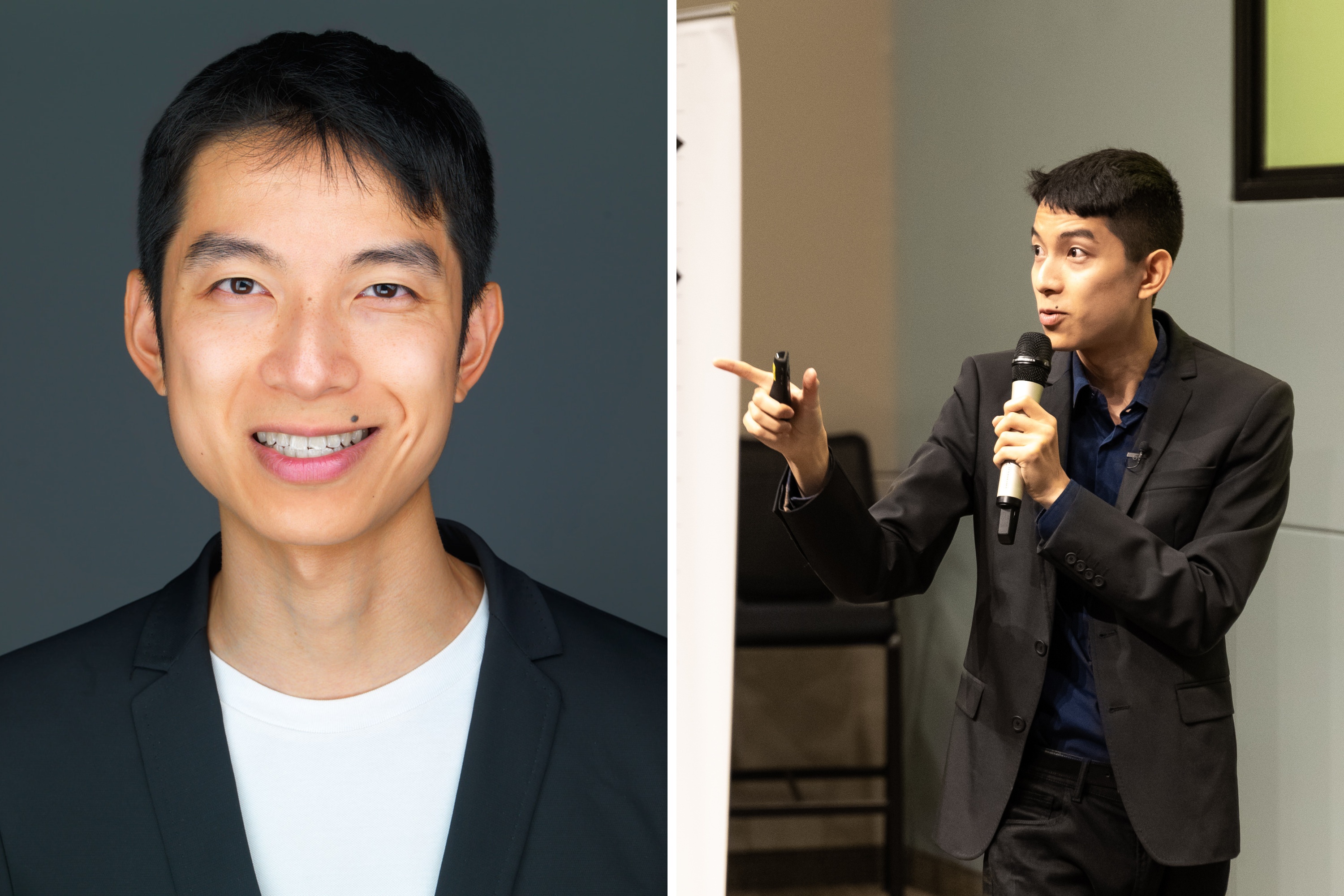



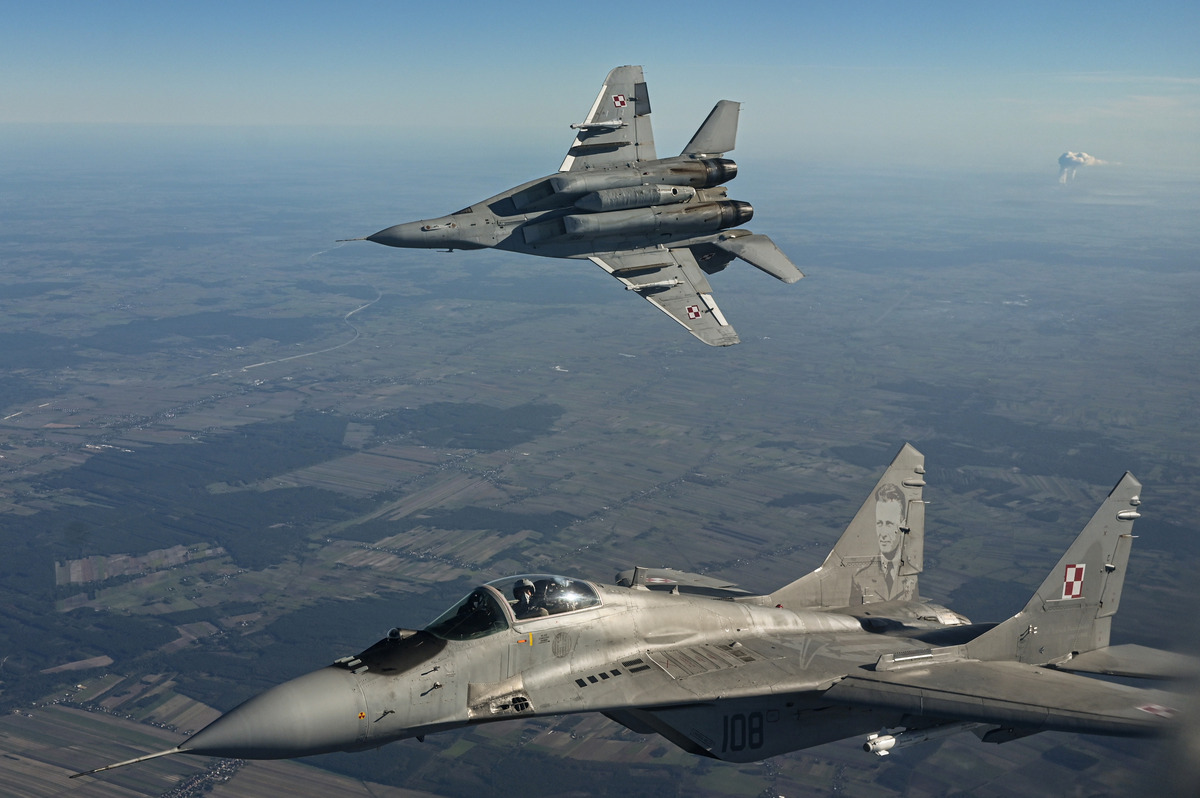

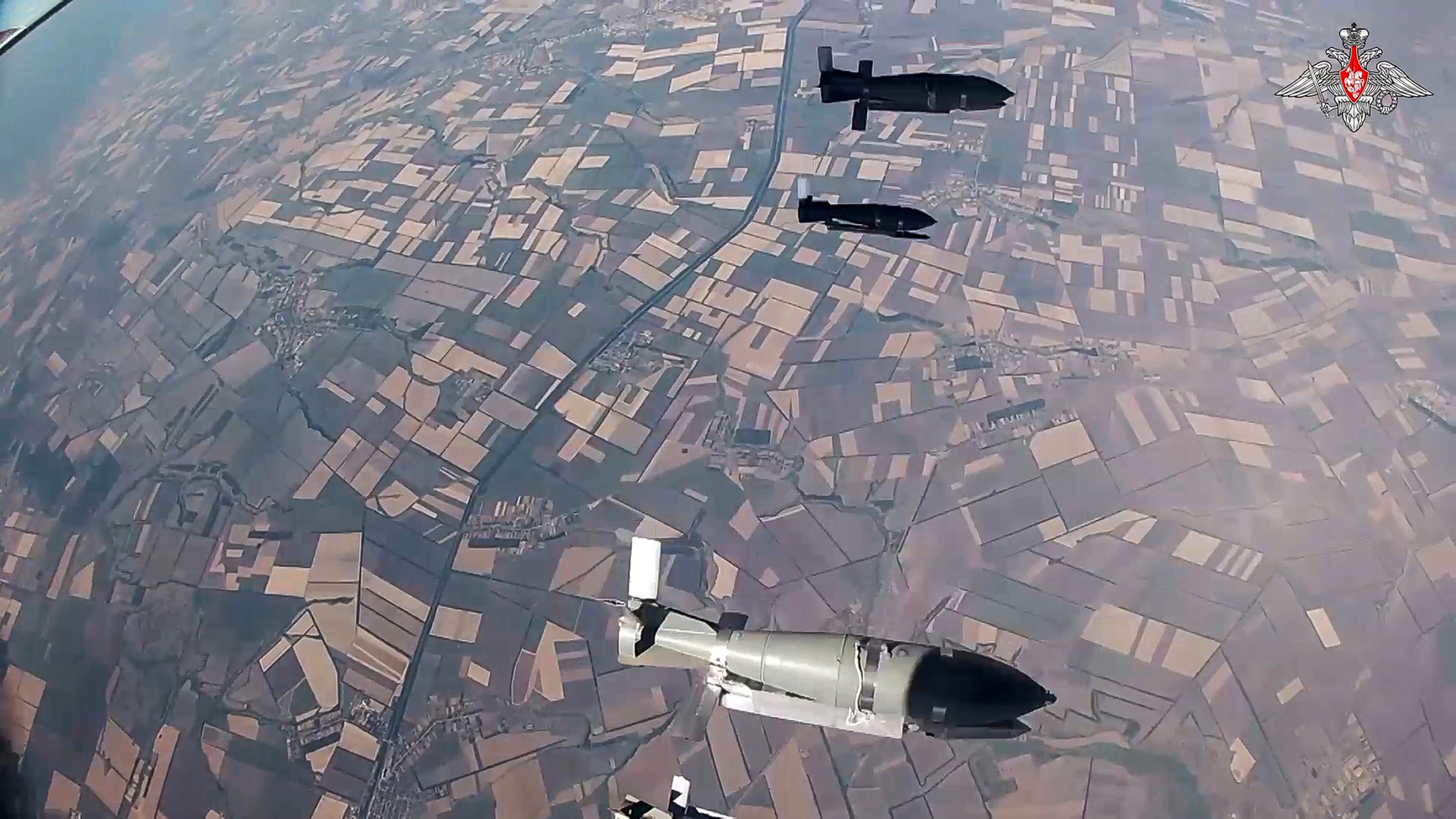
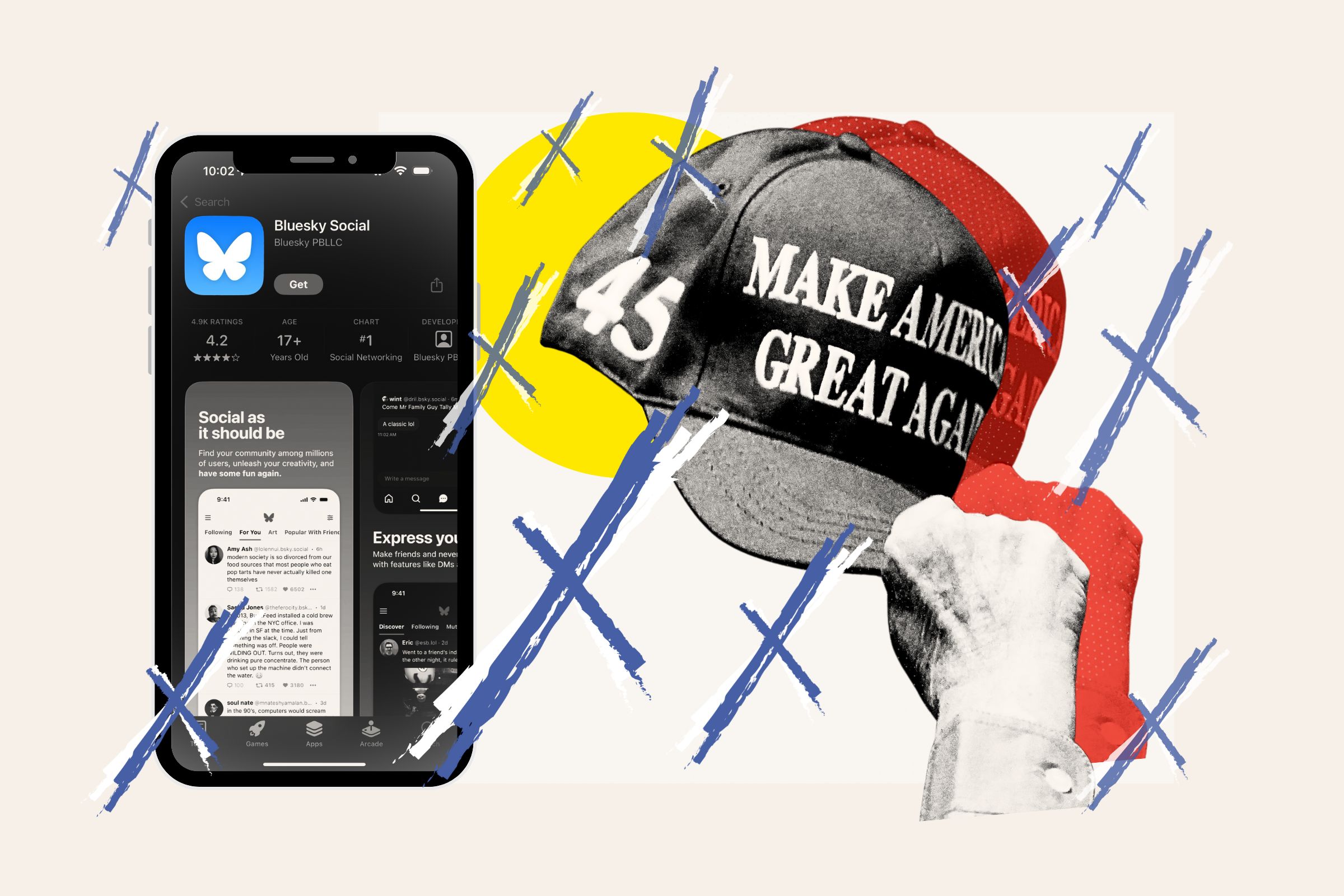
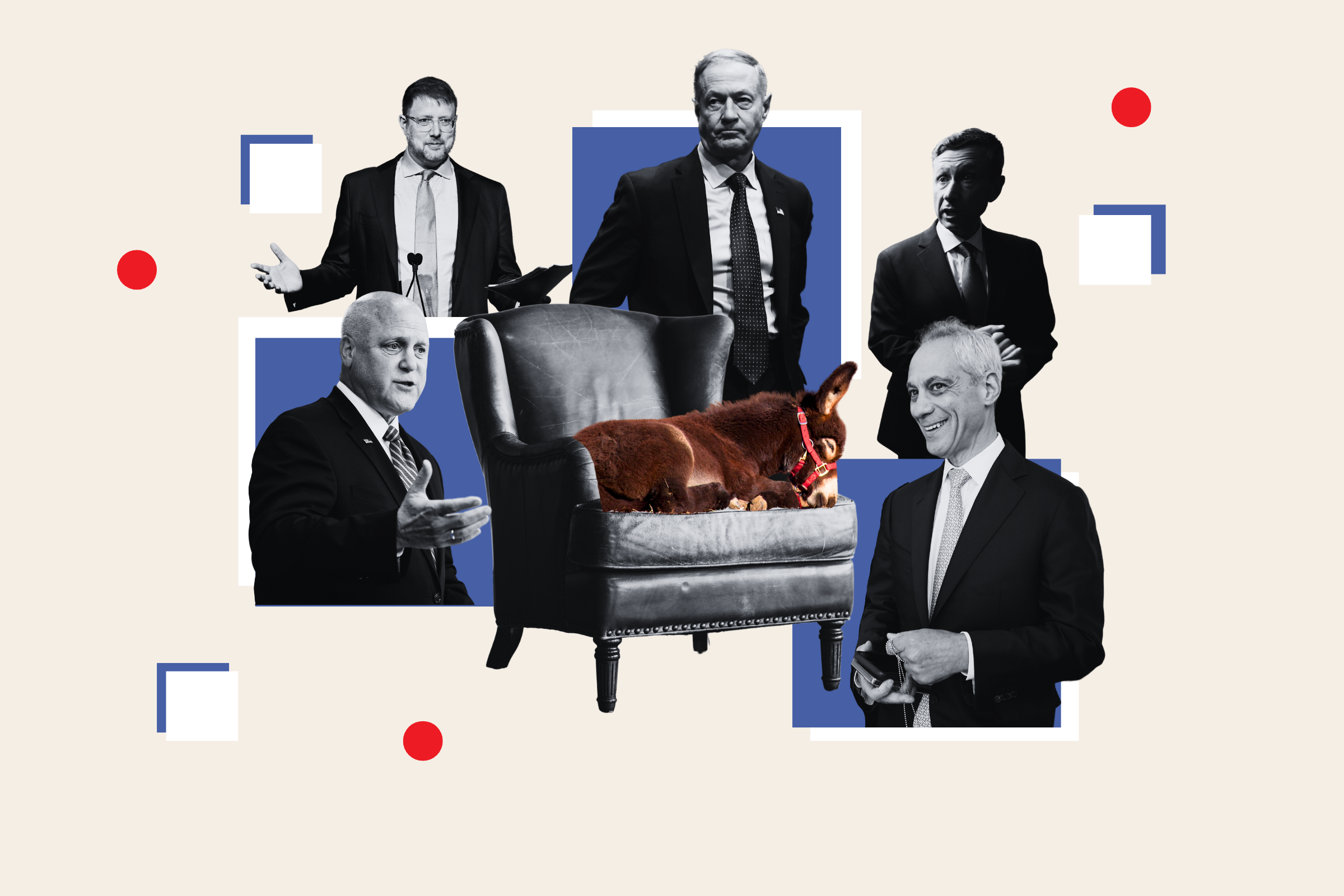
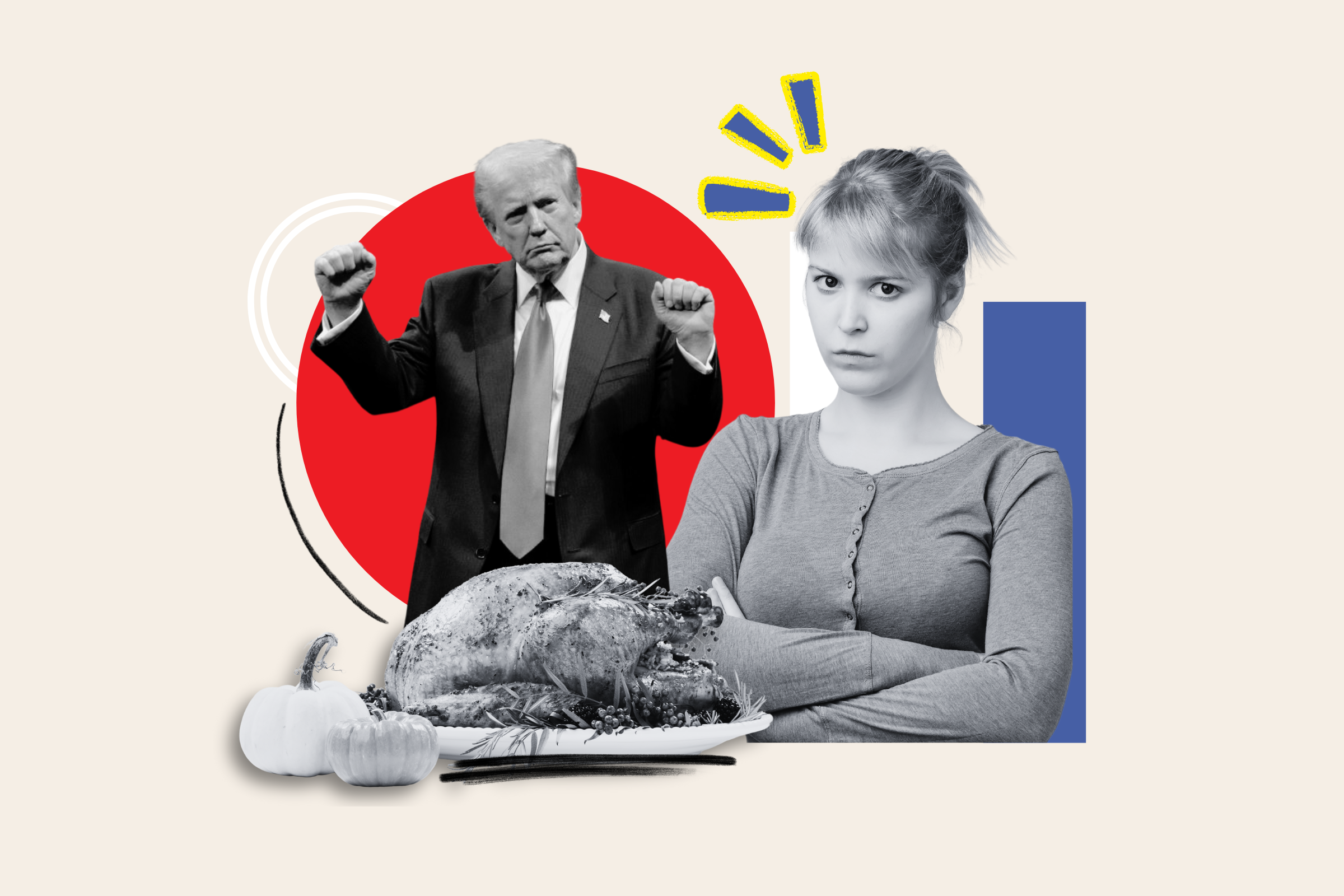
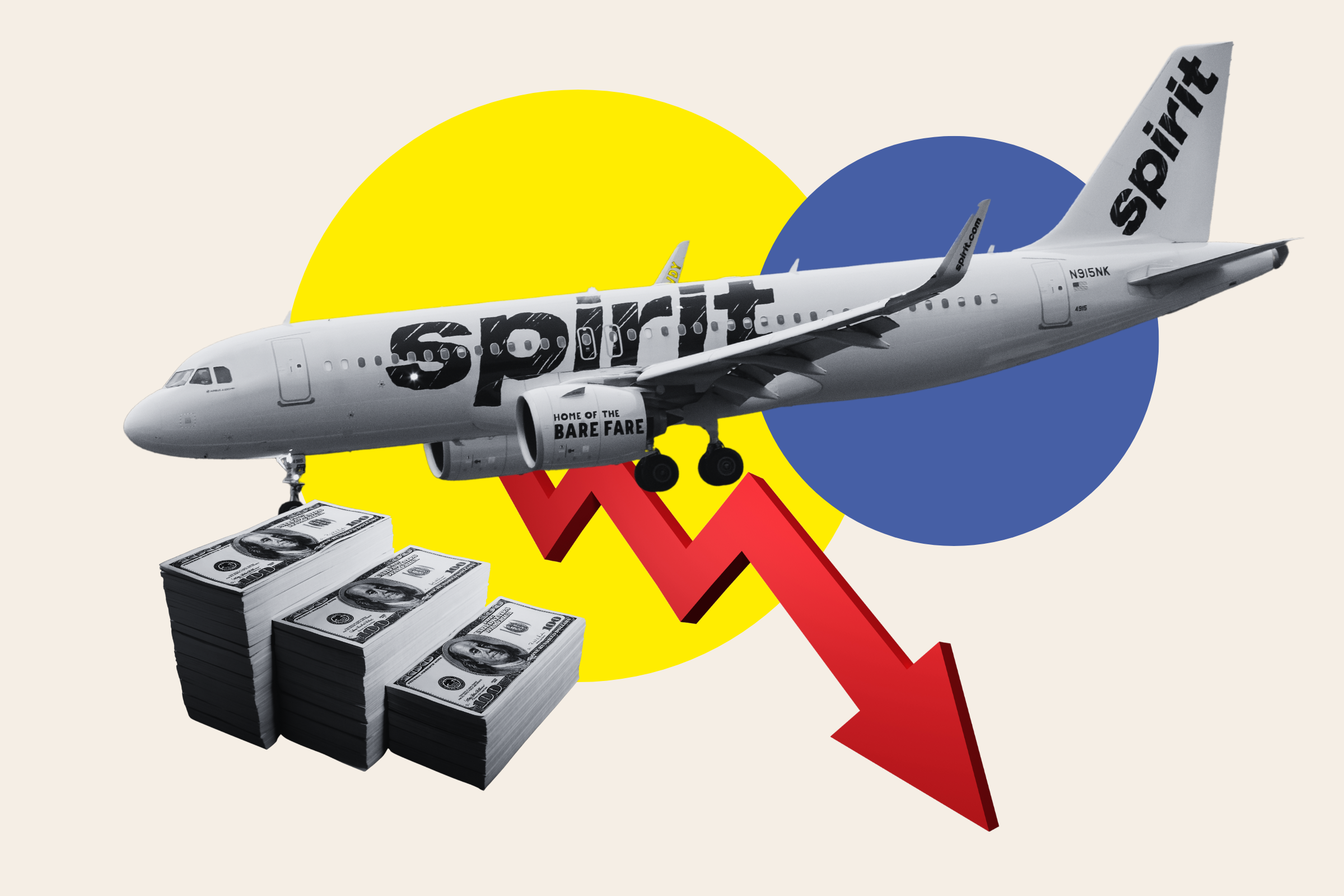


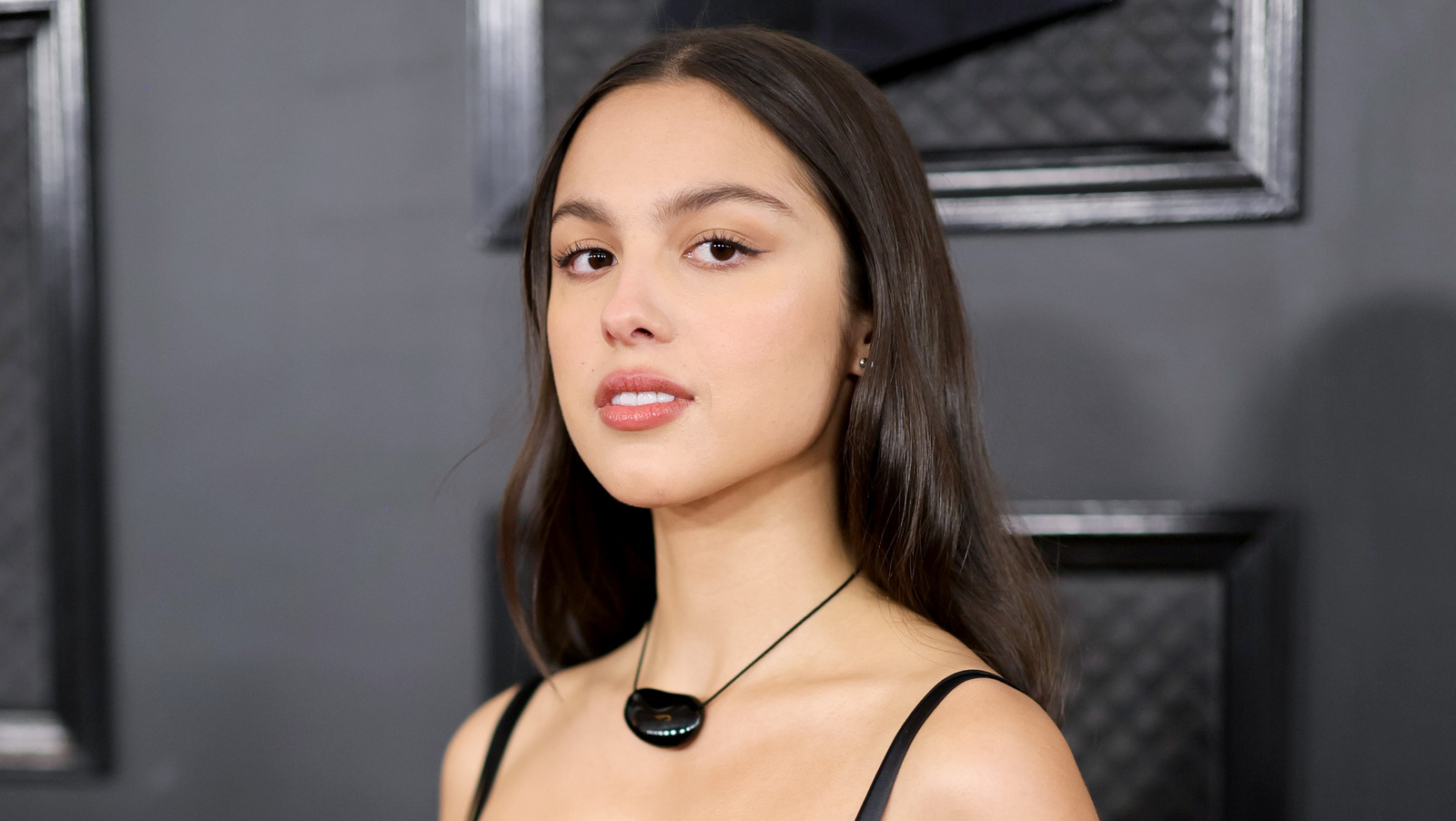

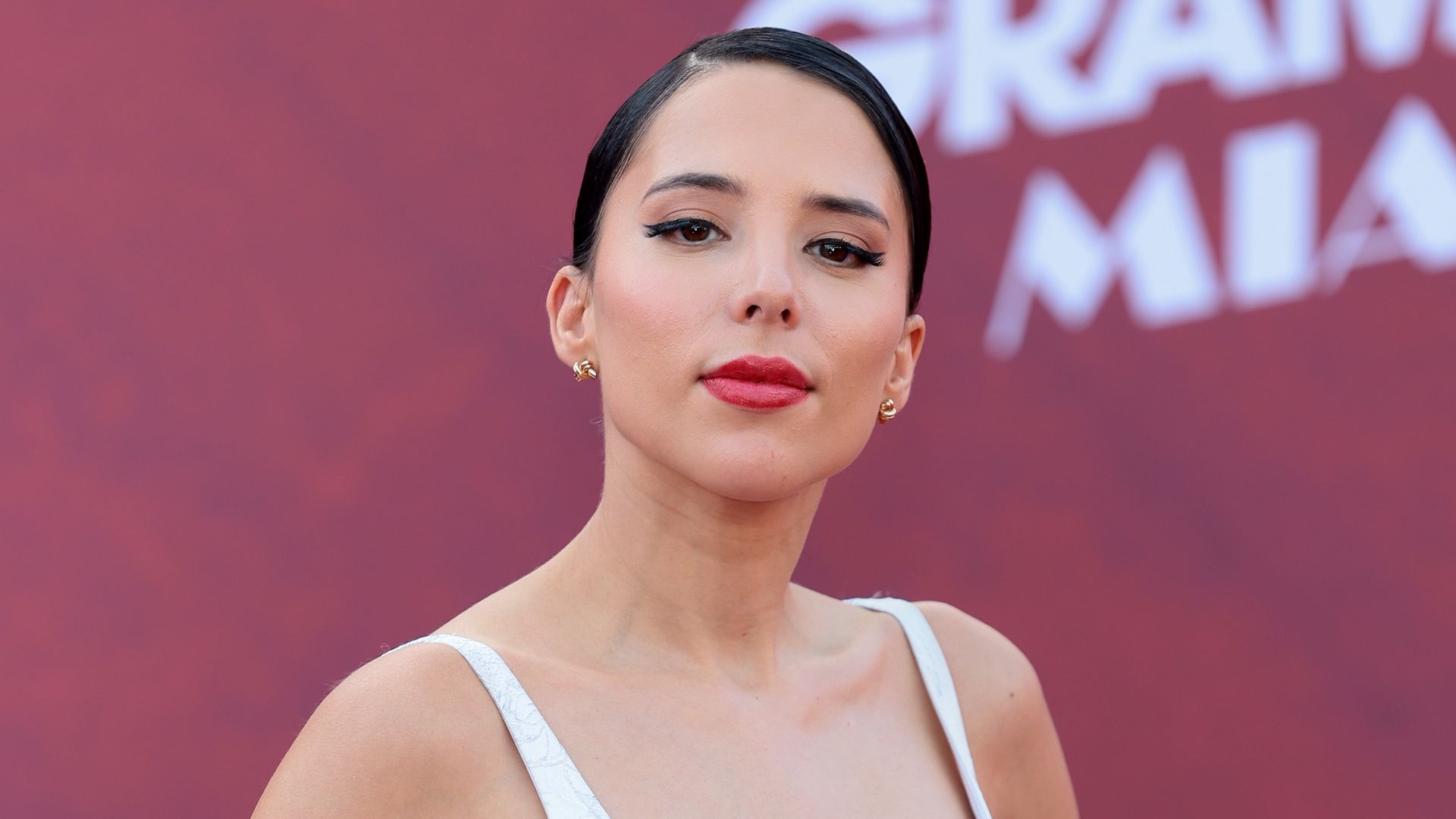)



 English (US) ·
English (US) ·